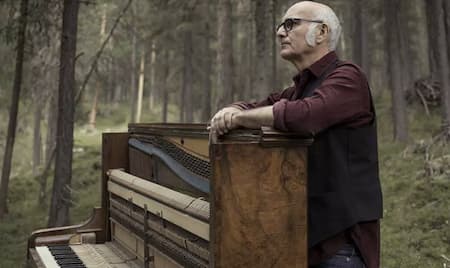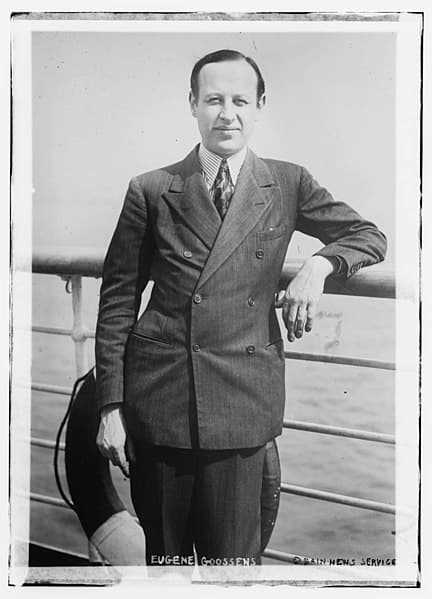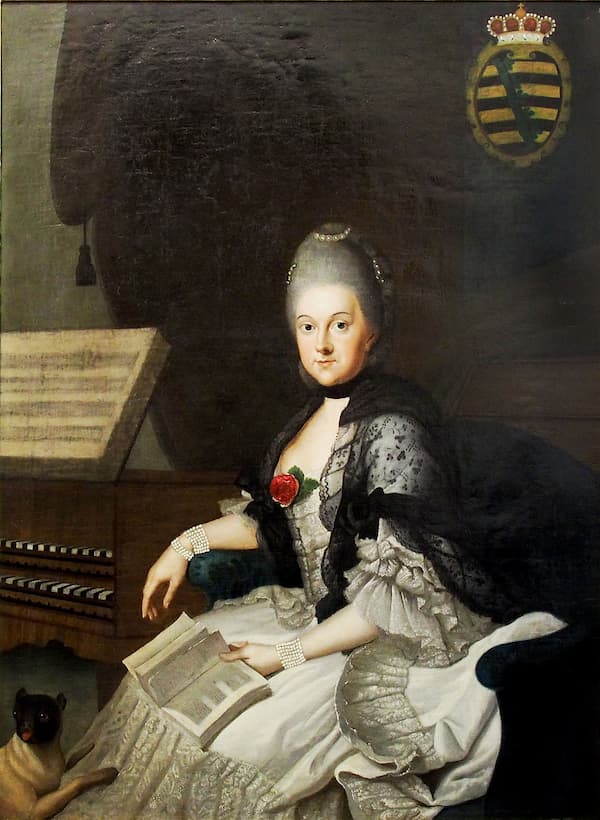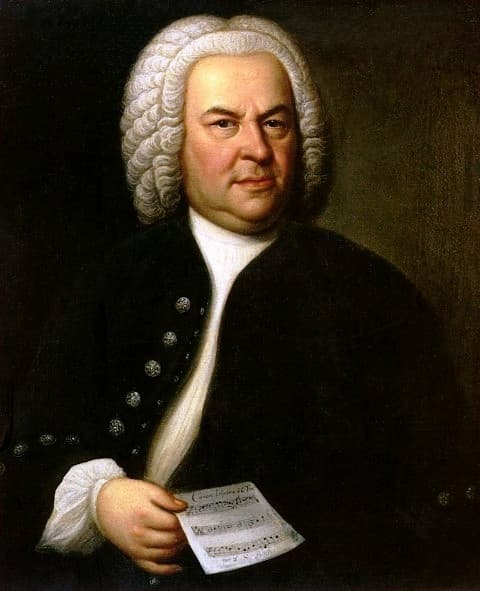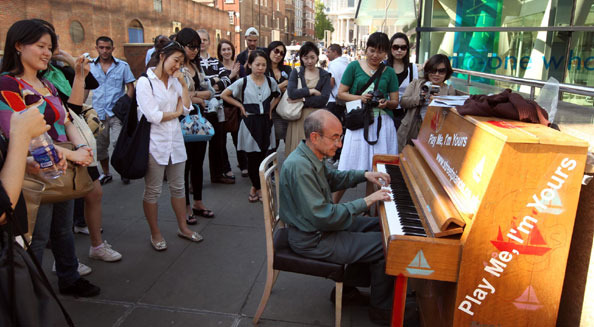
© streetpianos.com
The previous article (Einaudi: The Saviour of Classical Music) was a provocation designed to explore the relationship of a new generation of people to a flourishing genre of music based around relaxing solo piano. Because of the requirements of word scarcity in opinion pieces, I made a quick argument that aside from urging the reader to rethink their public posturing on music they don’t like, suggested that a renaissance is occurring in piano playing, with a large upswell of interest from adults showing an interest in learning the instrument.
I briefly mused on why this could be the case: is it because everyone got that bored of Netflix during global pandemic lockdowns that they looked for other forms of entertainment, and all the local knitting classes were full? Perhaps. But I believe the cause goes deeper, and includes the desire of people to engage with tactile activities (such as knitting, or pottery, or drawing classes) to counter their ever-increasingly digitally-dominated lives; as well as the relaxing and meditative nature of many popular contemporary piano artists. There is a beauty we can all relate to in the act of learning, making, and doing; the feeling of achievement when learning something difficult and complex; or the art of creating something without the pressure of being fantastic at it (i.e. an activity that is counter to their professions); an emotional outlet that one can turn to, to let go/fade out/lose oneself – and probably several more, personally specific reasons. As it turns out, playing piano is a brilliant way to achieve all of these goals.
In a conversation with conductor and academic Leon Botstein, I asked what his prognosis was for classical music makers in a western society who has seen a rapid evolution of entertainment consumption behaviours: e.g. from serialised television, to Netflix binge-watching, to TikTok microprogramming, all in a few short years. Where does this leave us in classical music – an art form that requires focused attention over long periods of time to engage with? Surely we risk becoming even more niche if our art form was completely contrary to audience preferences?
Leon Botstein on Beethoven 5th Symphony
Botstein’s answer was shockingly optimistic: in his view, the vast majority of people are continuously looking for ways to better their experience on earth. These are the people who wake up and decide to train for a marathon, or sign up for yoga and Pilates classes, or learn about meditation or mindfulness, or turn to a vegan diet and eschew single-use plastics. They are looking for something that allows them to engage with themselves and others in a deep way, looking for community, looking for self-betterment. And, as Botstein so joyfully put it – this is exactly what classical music offers people.
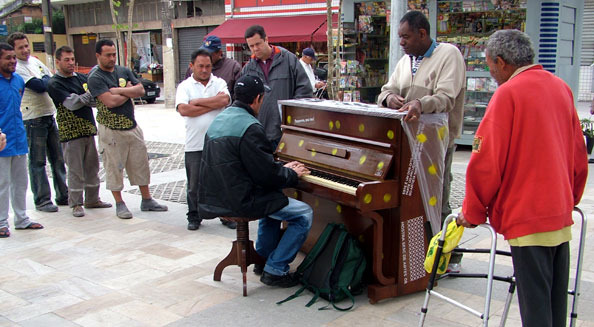
© streetpianos.com
We are standing on a goldmine, a product that time has proven undeniably fantastic; a product that is completely free-to-use (that is, anything outside of copyrighted material); and one that has the potential to add value to a huge amount of people that haven’t come across it yet! If this isn’t a cause for optimism, then I don’t know what is.
The question then becomes simple: what is the method of attracting all of these potential music-engagers and showing them how valuable it can be for their existence? Well firstly, we need to rebrand a bit. The perception of our industry from the outside sucks, period. If you agree that our product is good, then you have to agree that our packaging of it is rubbish by virtue of the fact that most people don’t want to come along to see it. Even the most delicious cake would go stale in a grey sack with a picture of a judgemental grandmother on the front of it.
Then, we need to think of ways to deliver this music that is easier to access on a basic level. We need to make it accessible and relevant to people, where they feel like they want to engage with it because it offers them immediate satisfaction and value. Oh, thanks very much Einaudi and co for creating an audience of people already engaging with the material, and sorry we’ve been such twats these past few years.
There are countless different ways this is being done and thought about: Lie Down and Listen is a London based project by concert pianist Christina McMaster as one of many examples. In my own work with the 1781 Collective I’ve explored the utility of ritual and narrative to design concert programmes that take people on a journey; a recent experience had me in front of roughly one thousand people at the closing set of a large techno festival in Germany – all of whom were on some form of stimulative substance – and my job was to take them down calmly after five days of non-stop raving to a relaxed state where they could begin to accept the reality that the Festival was finishing and they’d have to go to work the next day. A discussion with a colleague last week resulted in a plan for an meditation app which would be ‘Like Headspace, but with Classical Music.’
Lie Down and Listen: Christina McMaster
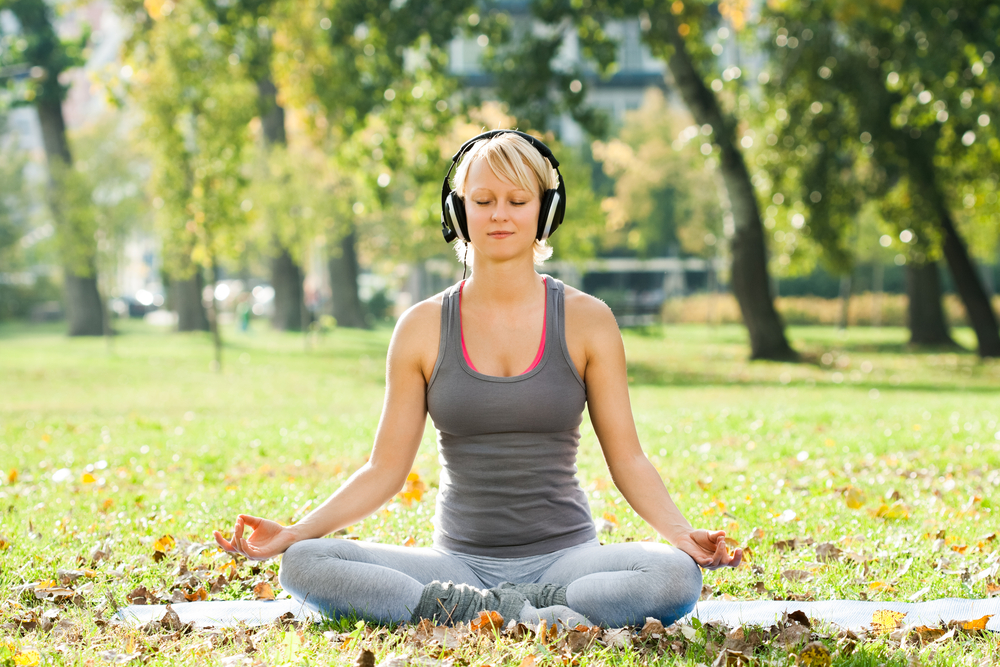
© meditatia.com
If you think that this can’t be done, just think about the yoga industry. What was ostensibly an extremely esoteric, complex spiritual practice, with thousands of years of complex training required to achieve enlightenment, has now been reinvented as an activity that countless millions of people around the globe engage with daily; from the most basic points of entry (such as Yoga with Adriene which couldn’t be further from what a 19th century Yogi would have imagined of their work); to people travelling around the world for Yoga retreats; becoming Yoga instructors; etc. Our equivalent might be in the person who listens to classical music for relaxing only, to taking piano lessons and going to concerts, to attending piano retreats, etc.
We’ve all bemoaned the albums and playlists of ‘Classical Music for Relaxing’ as a direct predecessor to the notion that ‘classical music is boring’, because as we all know, classical music routinely expresses the entire range of human emotion on a frequent basis, with relaxation only one tiny component of this. I’m not advocating for a use of music purely to help stressed people relax, but instead to use this existing perception to open a channel towards the full potential of music; whilst simultaneously helping guide listeners and enthusiasts to the different levels of engagement they can choose.
We cannot continue to demand that audiences listen to music in only one way – and an outdated, stuffy, and pretentious way at that. Instead, we need to start thinking about how we can take our product and passion to bring it to as many people as possible, and stop judging those who do things differently from us. What if we promoted our art form as a journey with an endless level of depth that one can choose to dive into, and one that can be satisfying at whatever level you choose to engage with? From Ludovico to Ligeti, there’s something for everyone, and everyone is welcome.
For more of the best in classical music, sign up to our E-Newsletter

